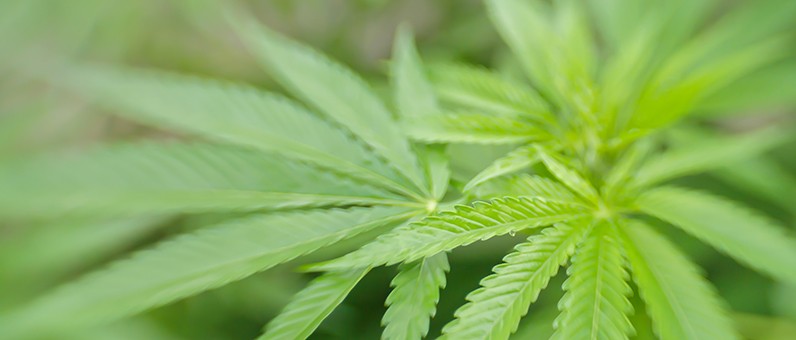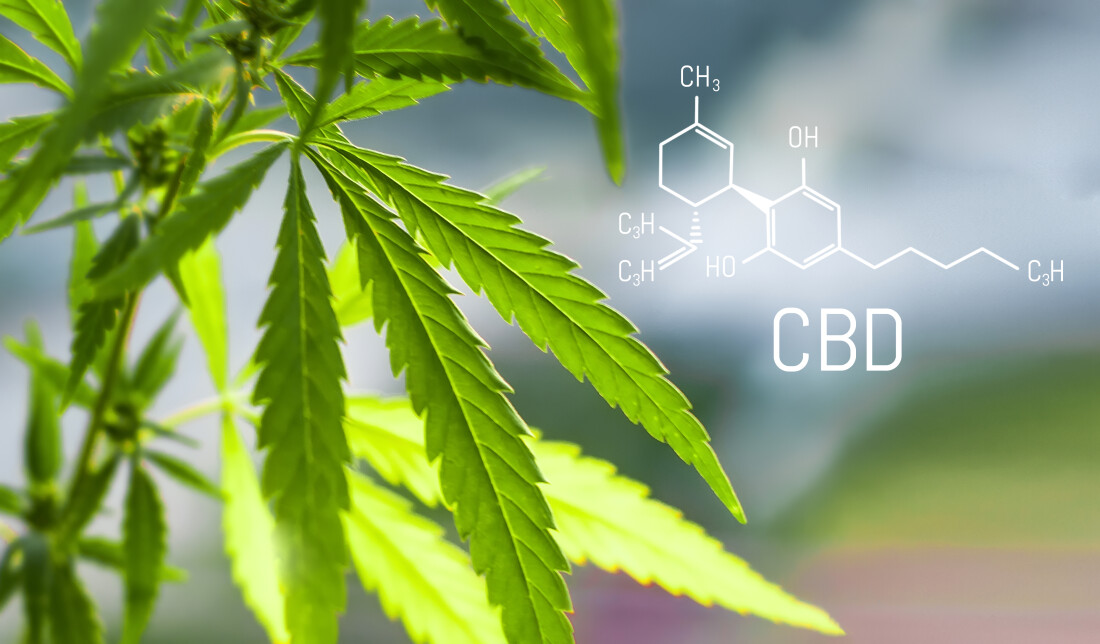 The Washington State Liquor and Cannabis Board ("LCB") issued an interpretive statement on July 22, 2021 ("Notice"), with the aim of resolving questions surrounding the legality of processors making delta-9 THC from CBD. The LCB concluded that cannabis processors cannot convert hemp-derived CBD into delta-9 THC in the legal cannabis market. Processors engaging in these activities may be subject to administrative violations (“AVNs”) or criminal prosecution.
The Washington State Liquor and Cannabis Board ("LCB") issued an interpretive statement on July 22, 2021 ("Notice"), with the aim of resolving questions surrounding the legality of processors making delta-9 THC from CBD. The LCB concluded that cannabis processors cannot convert hemp-derived CBD into delta-9 THC in the legal cannabis market. Processors engaging in these activities may be subject to administrative violations (“AVNs”) or criminal prosecution.
 On Tuesday, March 17, 2020, the Washington State Liquor and Cannabis Board (LCB) published temporary modifications in an effort to help licensees weather mandated closures or other business interruptions during COVID-19.
On Tuesday, March 17, 2020, the Washington State Liquor and Cannabis Board (LCB) published temporary modifications in an effort to help licensees weather mandated closures or other business interruptions during COVID-19.
Below we provide a summary of these temporary modifications and guidance on how to take advantage of them:
 Yesterday, October 29, 2019, the United States Department of Agriculture (USDA) released a draft of the much-anticipated interim rule on the Domestic Hemp Production Program under the Agriculture Improvement Act of 2018 (the 2018 Farm Bill). Since many folks don’t exactly consider 161 pages of federal agency jargon and legalese “light reading,” we’ve provided a Cliff’s Notes version of this dense regulation for you all, including the top six takeaways for hemp licensees. We’ve also provided some insight into what’s not in the draft interim rule.
Yesterday, October 29, 2019, the United States Department of Agriculture (USDA) released a draft of the much-anticipated interim rule on the Domestic Hemp Production Program under the Agriculture Improvement Act of 2018 (the 2018 Farm Bill). Since many folks don’t exactly consider 161 pages of federal agency jargon and legalese “light reading,” we’ve provided a Cliff’s Notes version of this dense regulation for you all, including the top six takeaways for hemp licensees. We’ve also provided some insight into what’s not in the draft interim rule.
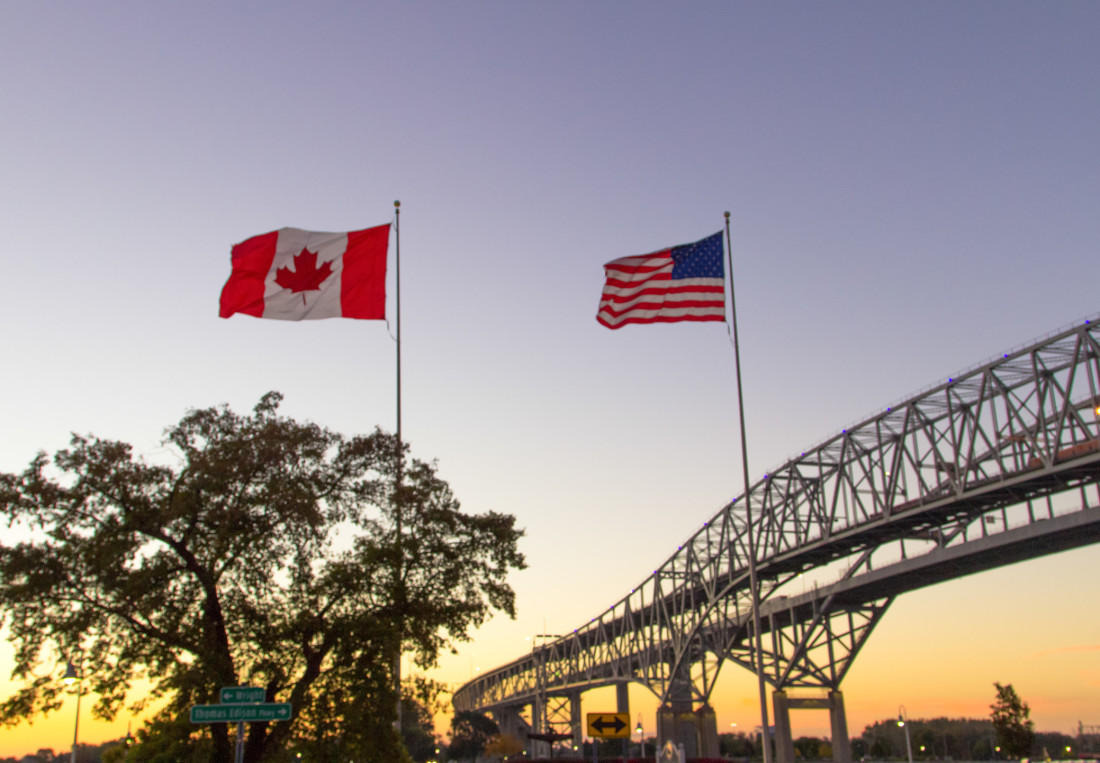 Recreational cannabis became legal across Canada in 2018, and 33 U.S. states have legalized it at least for medical purposes (10 for recreational). Yet, there are numerous reports of the U.S. Customs and Border Protection (CBP) detaining Canadian citizens at the border—then permanently banning them from entry—when they admit to having even tenuous connections to the legal cannabis industry. This enforcement policy stifles cross-border business relationships, and raises ominous concerns about the freedoms of speech and association for U.S. citizens as well.
Recreational cannabis became legal across Canada in 2018, and 33 U.S. states have legalized it at least for medical purposes (10 for recreational). Yet, there are numerous reports of the U.S. Customs and Border Protection (CBP) detaining Canadian citizens at the border—then permanently banning them from entry—when they admit to having even tenuous connections to the legal cannabis industry. This enforcement policy stifles cross-border business relationships, and raises ominous concerns about the freedoms of speech and association for U.S. citizens as well.
This blog post was originally published on GSB's website as a GSB client update on April 22, 2019. (Authors' note: Since the publishing of this post, the legislation outlined below was signed into law by Governor Jay Inslee on May 8, 2019)
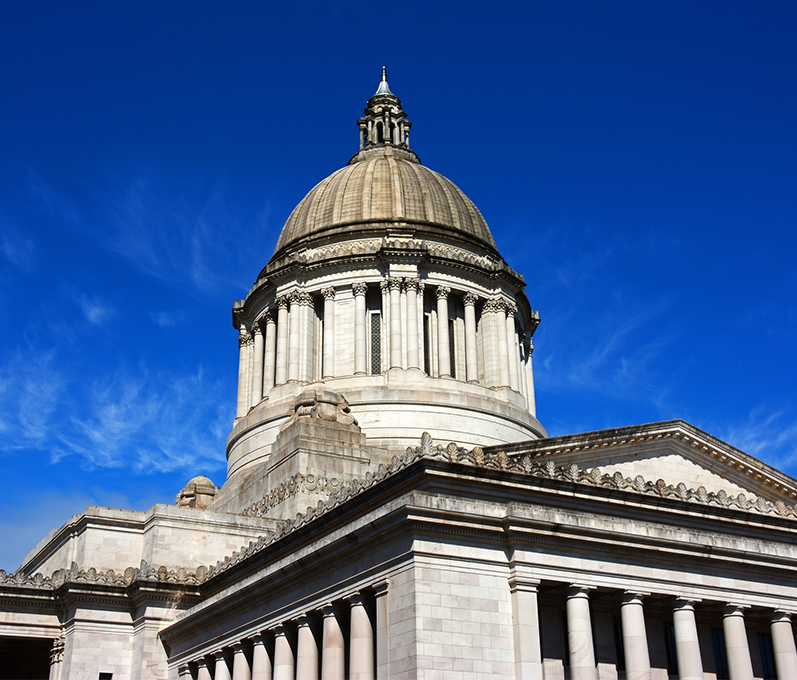 On April 17, the Washington Legislature approved sweeping new restrictions on employers’ non-competition agreements with their employees and independent contractors.
On April 17, the Washington Legislature approved sweeping new restrictions on employers’ non-competition agreements with their employees and independent contractors.
The bill, now headed to the Governor’s desk for his expected signature, means that after January 1, 2020, non-competition agreements (see definition and limitations below) will only be enforceable against higher-paid employees and contractors, and generally can last no longer than 18 months.
The law also carries a sting: If a court or arbitrator finds that a covenant violates these new rules, the entity which seeks enforcement of such a provision may be liable for actual or statutory damages and attorneys’ fees and costs.
 On December 20, 2018, President Trump signed into law the Agricultural Improvement Act of 2018 (the “2018 Farm Bill”) to replace the expiring 2014 Farm Bill. The 2018 Bill, which passed with strong support in both the House and the Senate, removed hemp from the Controlled Substances Act—but does that mean that hemp is legal?
On December 20, 2018, President Trump signed into law the Agricultural Improvement Act of 2018 (the “2018 Farm Bill”) to replace the expiring 2014 Farm Bill. The 2018 Bill, which passed with strong support in both the House and the Senate, removed hemp from the Controlled Substances Act—but does that mean that hemp is legal?
While hemp is no longer a controlled substance and subject to enforcement under DEA regulations, hemp and hemp-derived products (such as CBD) are still heavily regulated. So, who regulates these products? Though the landscape is evolving quickly, each of the following agencies and groups play a vital role in determining whether you may grow, process, sell or market hemp in your state.
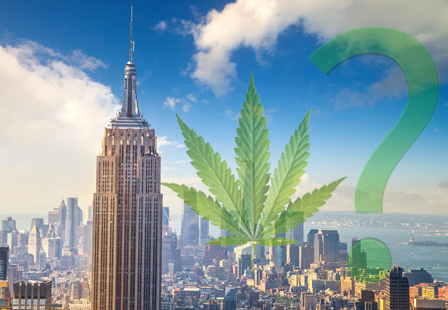 New York Governor Andrew Cuomo’s Proposed Legislation on Legalization of Cannabis
New York Governor Andrew Cuomo’s Proposed Legislation on Legalization of Cannabis
Under the leadership of New York Governor Andrew M. Cuomo (whose party also controls the State legislature), the Empire State appears poised to become one of the next states to legalize the cultivation, processing, distribution, sale, and adult use of cannabis for recreational purposes.
Indeed, on the heels of a series of public hearings and a report from the New York Department of Health, advocating for decriminalization of cannabis (not to mention similar legislation under consideration in New Jersey), Gov. Cuomo unveiled the proposed legislation, the Cannabis Regulation and Taxation Act (CRTA), to do just that—while also expanding the state’s nascent medical marijuana program and differentiating between industrial hemp and hemp cannabis markets.
Washington Court of Appeals' definition of trademark rights in Washington
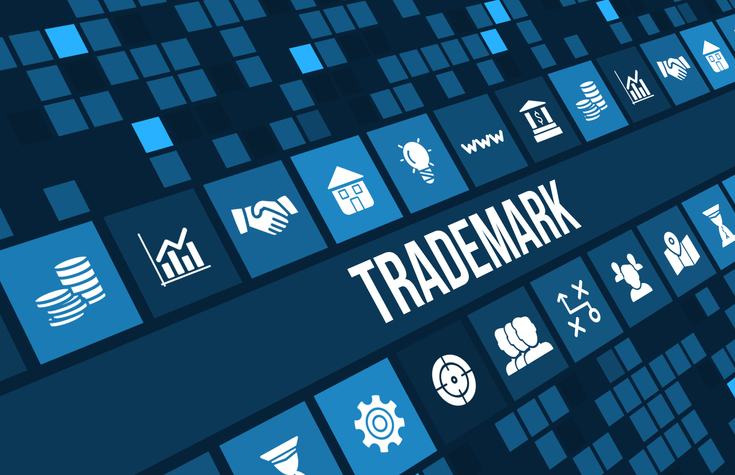 Recently, the Washington Court of Appeals waded into the murky waters of defining trademark use when an out-of-state marijuana business licenses a trademark for the sale of cannabis products in Washington. In Headspace International LLC v. Podworks Corp, the Washington Court of Appeals considered two fundamental trademark principles: (1) to establish trademark rights, the mark owner must lawfully use the mark in commerce in the relevant jurisdiction; and (2) to enforce its trademark rights, a licensor must exercise sufficient control over the goods and services sold under the mark by the licensee. Walking a fine line between these two principles, the Court ultimately held that licensing a trademark to a Washington cannabis business is sufficient to establish “lawful use in commerce” in Washington for the purpose of establishing trademark rights. But such use is not sufficient to constitute doing cannabis business in Washington.
Recently, the Washington Court of Appeals waded into the murky waters of defining trademark use when an out-of-state marijuana business licenses a trademark for the sale of cannabis products in Washington. In Headspace International LLC v. Podworks Corp, the Washington Court of Appeals considered two fundamental trademark principles: (1) to establish trademark rights, the mark owner must lawfully use the mark in commerce in the relevant jurisdiction; and (2) to enforce its trademark rights, a licensor must exercise sufficient control over the goods and services sold under the mark by the licensee. Walking a fine line between these two principles, the Court ultimately held that licensing a trademark to a Washington cannabis business is sufficient to establish “lawful use in commerce” in Washington for the purpose of establishing trademark rights. But such use is not sufficient to constitute doing cannabis business in Washington.
 Monitoring and participating in administrative notice-and-comment periods may pave the road to faster access to market for CBD (cannabidiol) and hemp purveyors. While we are all familiar with lawsuits and litigation, not everyone is as familiar with the government’s regulatory administrative procedures, and in particular, the notice-and-comments period that commonly accompanies proposed rules. In order to bring suit to challenge a proposed rule in a court of law, a group must first “exhaust all administrative remedies.” In other words, if you don’t submit questions and arguments to the government during the notice-and-comment period, then a court likely won’t help you change the rule at a later date.
Monitoring and participating in administrative notice-and-comment periods may pave the road to faster access to market for CBD (cannabidiol) and hemp purveyors. While we are all familiar with lawsuits and litigation, not everyone is as familiar with the government’s regulatory administrative procedures, and in particular, the notice-and-comments period that commonly accompanies proposed rules. In order to bring suit to challenge a proposed rule in a court of law, a group must first “exhaust all administrative remedies.” In other words, if you don’t submit questions and arguments to the government during the notice-and-comment period, then a court likely won’t help you change the rule at a later date.
 Hundreds of companies in Washington, Oregon, California and Canada are attracting billions in investments from just about every class of investor.
Hundreds of companies in Washington, Oregon, California and Canada are attracting billions in investments from just about every class of investor.
But the realities of investing in cannabis are far different from those in any other industry. You’ll need to be fingerprinted, undergo a background check, surrender your banking records and be ready to deal with state and federal laws that often seem in open conflict.
Any business can find itself in a cash crunch when big expenses or payroll disbursements come due. When you form an entity to do business in cannabis, how do you finance a big expense that needs to be made right now?
To read the full article, visit Puget Sound Business Journal's website. Subscription is required.
About Us
Foster Garvey’s Cannabis practice group comprises a premier legal counsel team who provides a full range of legal services such as regulatory compliance, marijuana licensing, business finance, contracts, labor and employment, health care, real estate, intellectual property, litigation and dispute resolution, technology and tax. Our team possesses deep and diverse industry experience and has counseled clients across virtually all industry sectors. We understand the inherent challenges that licensed marijuana and ancillary businesses in Washington state, Oregon and Alaska are burdened with in this highly regulated industry as they deal with onerous state and local regulations as well as uncertainty resulting from federal law.
We are committed to helping our clients achieve their business goals while navigating the intricacies in this rapidly changing area of law. We prize innovation and entrepreneurship, and closely monitoring industry trends.
